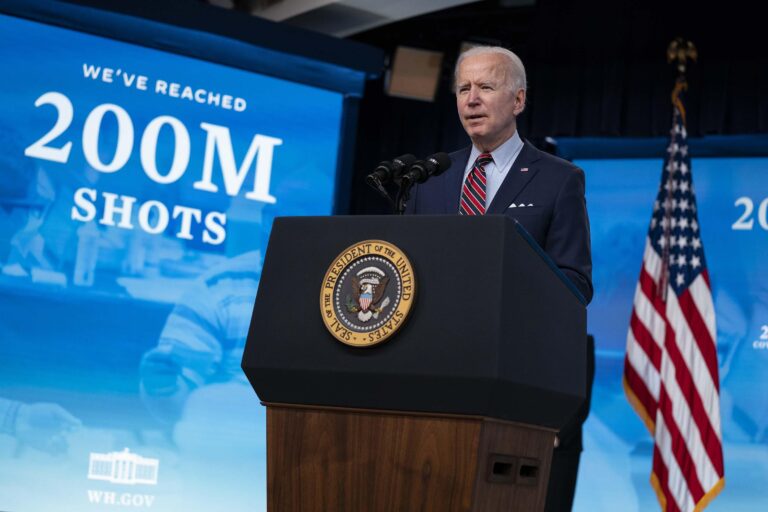Introduction
The Covid-19 pandemic has drastically affected communities around the world, but grassroots movements have played a pivotal role in addressing its challenges. The Sarvodaya Movement in Sri Lanka exemplifies how community-driven initiatives can respond effectively to crises. Through a framework of self-reliance and empathy, the movement’s response was both timely and impactful.
The Sarvodaya Movement: A Brief Overview
Founded in the late 1950s, the Sarvodaya Movement has aimed at promoting social and economic empowerment in rural Sri Lanka. Its philosophy revolves around the upliftment of all people through non-violent means and local governance. By encouraging collective action and community solidarity, Sarvodaya has established a strong foundation for disaster resilience.
Response to the Covid-19 Crisis
As the pandemic unfolded, the Sarvodaya Movement mobilized quickly to respond to the urgent needs of the communities. The organization launched a comprehensive emergency response that included health education, provision of essential supplies, and community support initiatives. This multifaceted approach not only addressed immediate needs but also empowered local communities to take charge of their health and safety.
A Health-Centric Approach
Health education became a cornerstone of Sarvodaya’s response, focusing on raising awareness about Covid-19 prevention and care. Workshops and training sessions were organized to educate community members about hygiene practices and preventive measures. By leveraging local volunteers, Sarvodaya ensured that accurate information reached even the most remote areas.
Provision of Essential Supplies
Recognizing the challenges posed by lockdowns and economic downturns, Sarvodaya facilitated the distribution of food and medical supplies. They established food banks and partnered with local suppliers to address shortages in essential goods. This initiative not only met immediate needs but also reinforced community ties and resilience.
Long-Term Implications and Community Empowerment
The impact of the Sarvodaya Movement’s response to Covid-19 extends beyond immediate relief efforts. By fostering a sense of community ownership and resilience, they have laid the groundwork for a more self-reliant future. Through training and education during the pandemic, community members are now better equipped to handle future crises.
Conclusion
The Sarvodaya Movement’s response to the Covid-19 pandemic serves as a testament to the power of community-based initiatives. By prioritizing local engagement and empowerment, they have not only addressed current challenges but also strengthened community resilience for the future. For more in-depth insights about their approach, visit this link.

